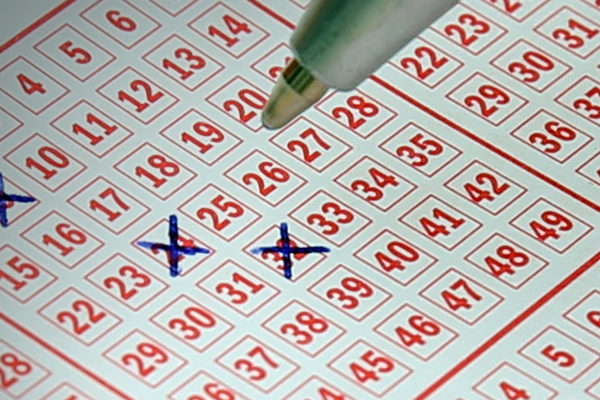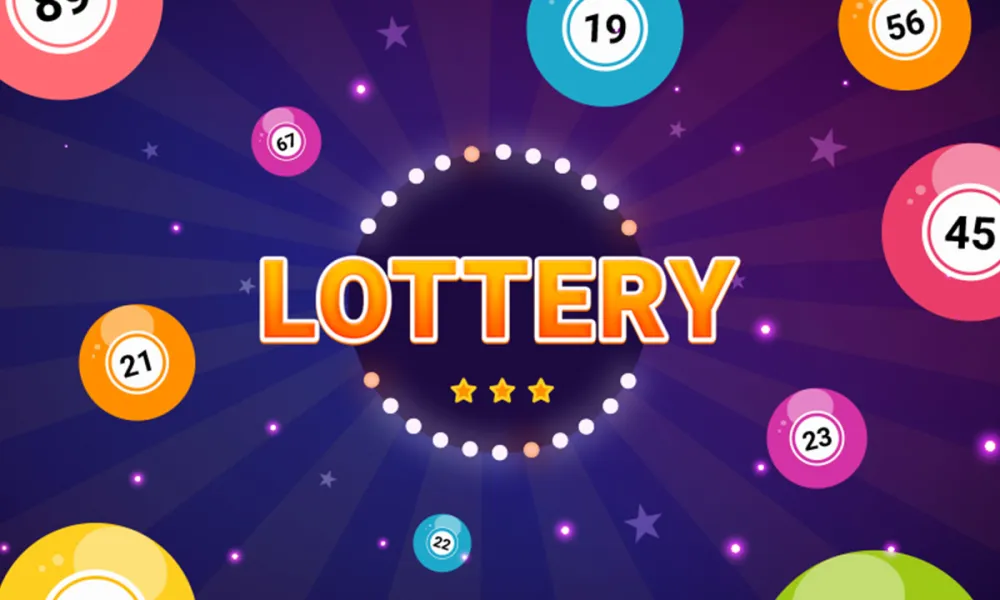Can you improve your odds in online lottery games with statistics?
Online lottery games have captivated millions of players worldwide, offering the allure of life-changing jackpots with just a few clicks. Gripping the fundamental principles governing lottery games is crucial to delving into the potential for statistical improvement.
Lotteries are based on random number generation, with each draw being an independent event. This means that the outcome of one draw does not influence subsequent draws. Despite this randomness, patterns and trends emerge over time when analyzing large datasets of lottery results. These patterns form the basis for various statistical approaches players use to improve their odds.
Law of large numbers
One key statistical concept relevant to lottery games is the law of large numbers. This principle states that the average tends to converge on the expected value as the number of trials increases. In lottery terms, this means that the frequency of each number appearing over a vast number of draws should approach an equal distribution.
Some players use this concept to track “hot” and “cold” numbers, believing that numbers that haven’t appeared recently are more likely to be drawn in the future. However, it’s important to note that this approach doesn’t change the underlying probability of any specific number being drawn in a single game.
Probability and combinatory
Another statistical tool used by lottery enthusiasts is probability theory, particularly combinatory. This branch of mathematics calculates possible combinations and permutations. By understanding the total number of possible combinations in a lottery game, players can better grasp the true odds they face.
For example, in a 6/49 lottery, players choose six numbers from a pool of 49. There are over 13 million possible combinations. Knowing this can help players make more informed decisions about how many tickets to buy or which number combinations to choose.
Analyzing historical data
Many lottery players turn to historical data analysis to uncover patterns or trends. This approach involves studying past winning numbers, frequency distributions, and even the time gaps between wins for specific numbers.
While this method can provide interesting insights, it’s crucial to remember that each draw remains an independent event. Past results do not influence future outcomes in a truly random system. However, analyzing historical data can help players avoid common mistakes, such as choosing all even or all odd numbers, which statistically occur less frequently in winning combinations.

Role of statistical software
With the advent of powerful computing tools, some players leverage statistical software to quickly analyze vast amounts of lottery data. These programs can identify subtle patterns or anomalies that might not be apparent to the human eye.
However, it’s important to approach such tools with a healthy dose of scepticism. While they may offer interesting insights, they cannot predict future outcomes with certainty. The random nature of lottery draws means that even the most sophisticated statistical analysis has limitations.
Responsible gaming practices
Regardless of the statistical approach used, responsible gaming practices remain paramount. Setting a budget, playing within one’s means, and viewing lottery participation as entertainment rather than a financial strategy are essential principles for any player.
Online lottery games and platforms like toto328 link alternatif offer players convenient access to various lottery options. While these platforms may provide historical data or statistical tools, it’s important to remember that they do not change the fundamental nature of lottery games as random events.




